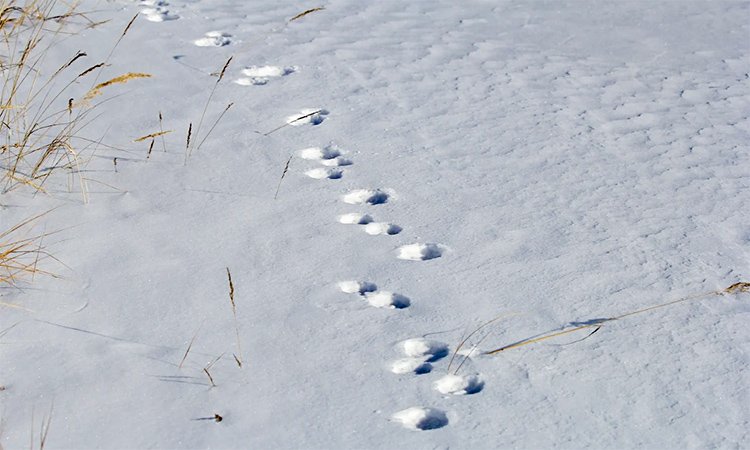From safeguarding whales in Chile to tackling illegal fishing in Tanzania – there’s lots of good news to share about our efforts, alongside partners and supporters, to tackle the climate and nature loss crises.
Let’s start with a welcome update about forests − so vital for the future of people, nature and climate.
To date, WWF’s Forests Forward programme has helped inspire 26 leading companies and organizations to take action for a sustainable future for forests. This has led to conservation projects supporting 1.3 million hectares of the world’s most vital and vulnerable landscapes.
An additional 2.7 million hectares of tropical forest are benefiting from improved management measures. And responsible sourcing is also translating into additional hectares of improved forest management across the globe.
WWF’s Forests Forward partners are demonstrating that the private sector can be a force for nature,” said Kirsten Schuijt, WWF International Director General.
“Together, our innovative approaches and positive impacts are proving that conserving forests is not only beneficial for the planet, but also a wise and sustainable business strategy.”
Strong emissions targets for global shipping agreed
Until now, the emissions of two key global economic sectors – aviation and global shipping – have not been controlled under the Paris climate agreement, the UN treaty that aims to stop global temperatures increasing by more than 1.5°C – the threshold beyond which catastrophic impacts become increasingly likely.
After years of WWF advocacy, we welcome the landmark decision on global shipping from a working committee of the International Maritime Organization (with final adoption due in October) – establishing emission reduction measures, a global fuel standard and marine environment protections.
These measures are in line with the Paris Agreement’s ‘net-zero’ ambition for the total amount of greenhouse gases in the atmosphere to no longer grow by 2050; and with shipping contributing 3 per cent of global emissions – more than most individual countries – they can have a significant impact.
However, the news is not all good – we remain concerned that the inadequate finance mechanism, lack of alignment with agreed near-term targets and weak energy efficiency measures could blow this ambition off course.
Knowledge is essential for conservation action
In a world where misinformation is increasingly taking hold, sound science continues to be the bedrock of all our conservation work.
In recent months, there have been a number of new research projects by WWF and partners that will help guide our future conservation priorities. These include:
- A study that aims to provide the most comprehensive mapping of global wetlands, crucial habitats for people and wildlife around the world;
- A groundbreaking global turtle initiative that brings together nesting site, satellite tracking and genetic data as a basis for establishing protected ‘blue corridors’;
- Nepal’s first ever national population assessment of the snow leopard, which faces threats ranging from habitat loss to conflicts with people;
- A pioneering study on roads crossing protected areas in Argentina’s Misiones province that will help us better understand how to protect the jaguar from traffic collisions in the Atlantic Forest;
- A census of hoofed mammals (ungulates) such as deer, gazelle and wild boar in Mongolia’s biodiversity-rich Onon-Balj National Park.
Taken from: https://wwf.panda.org/?14440466/From-Chile-to-Tanzania–stories-of-success





